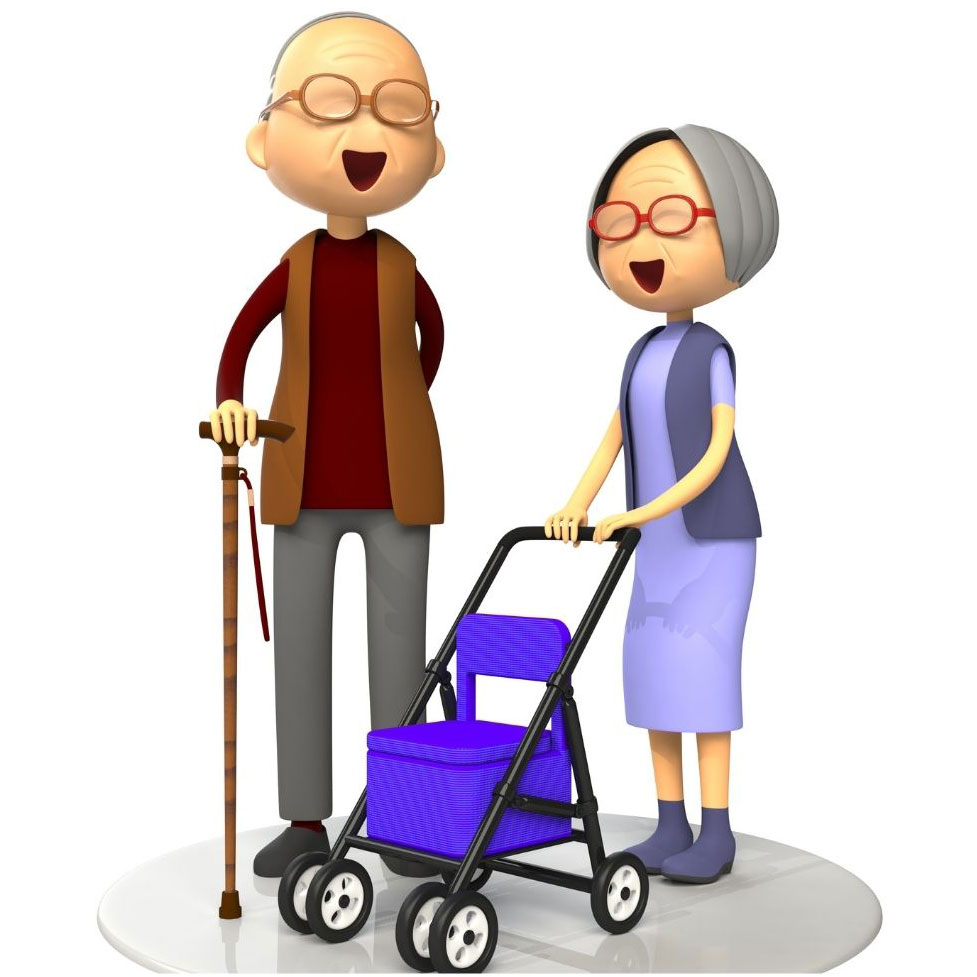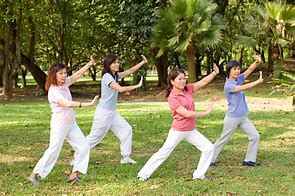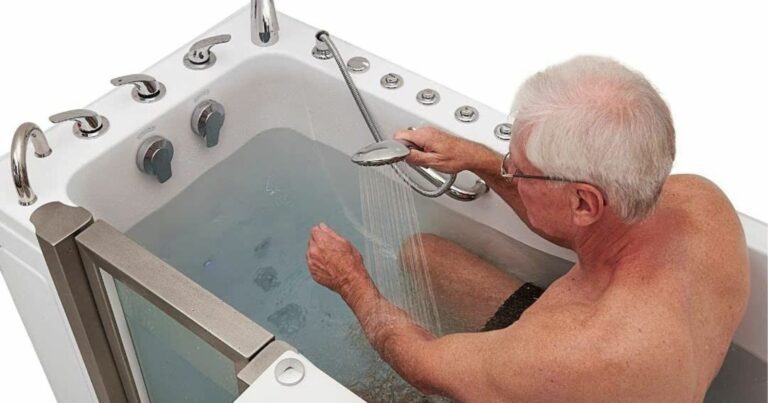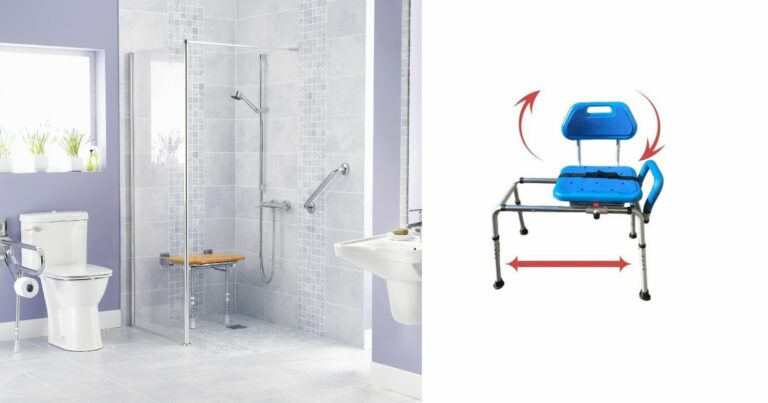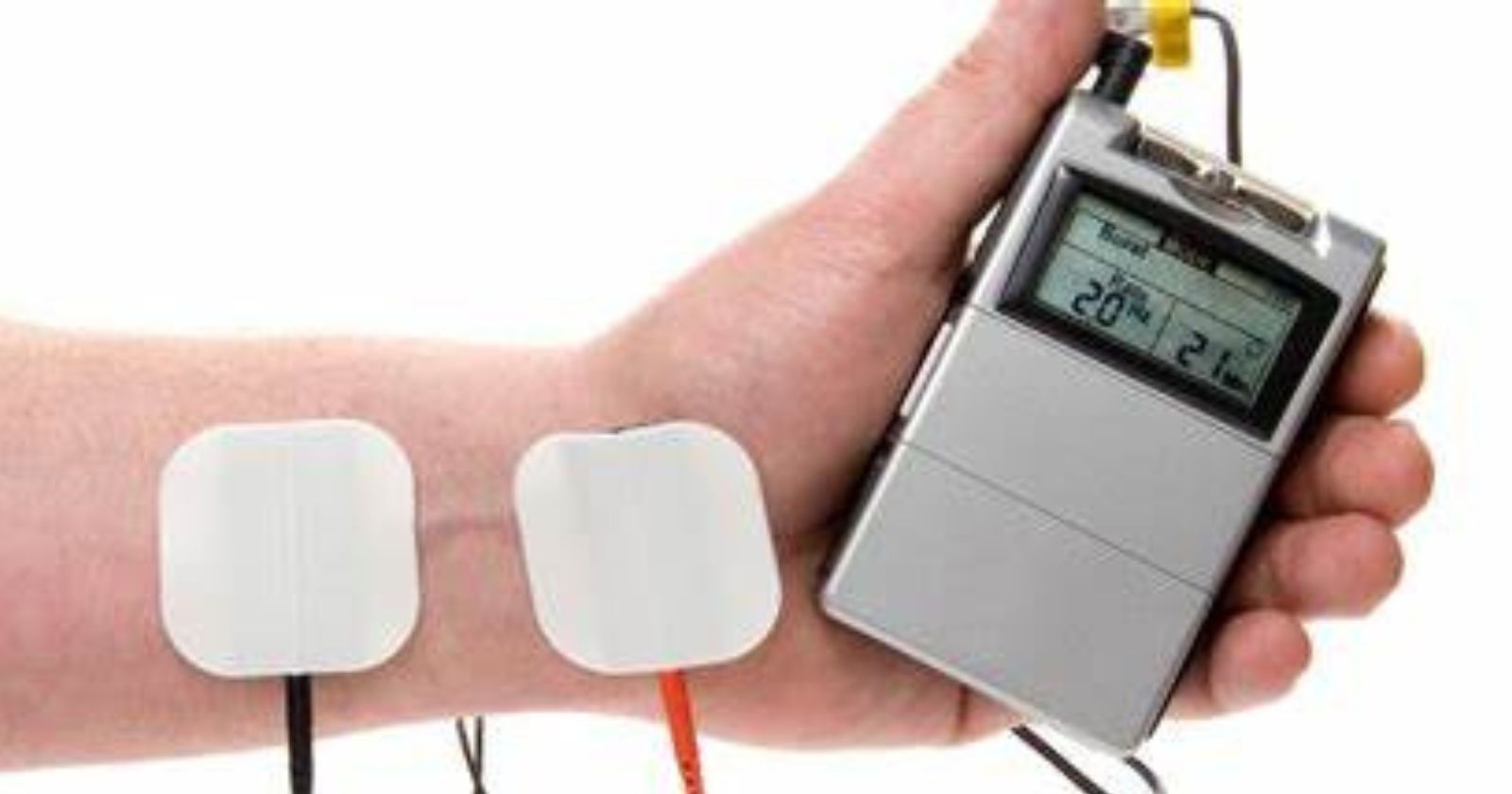The 7 Secrets To Prevent Falling In A Kitchen?
Secrets On How To Stop Worrying About Falling In The Kitchen. There are certain areas in the home where people are more prone to falls — bathrooms and kitchens top the list.
Those who are home alone, including small children and the elderly, may be at particular risk, because it could be hours before someone finds the injured person.
Falls are the second-leading cause of deaths from accidents around the globe. Most fatal falls are in older adults over the age of 65, but people of any age can fall and get injured. Fortunately, there are some things you can do today and make your kitchen a safe zone.
How To Stop Worrying About Falling In The Kitchen
The prime objective is to feel safe while being in the kitchen. As long as you FEEL safe, then you will not worry about falling.
Here are my 7 Secrets On How To Stop Worrying About Falling In The Kitchen:
1. Clean Up The Kitchen
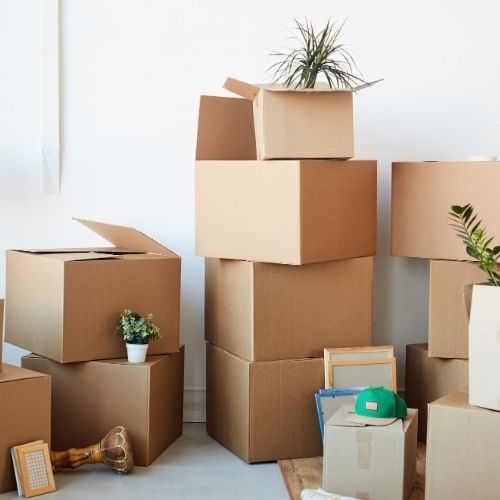
Too Much On The Floors: Just about every home gathers more items in various rooms over time than the inhabitants need and the kitchen is no exception. The more clutter you have in the kitchen, the greater the risk of tripping over something, falling, and sustaining injuries.
Simplify The Kitchen: Decide what pieces of furniture are necessary in the kitchen depending on the number of people living in the house. Try as much as possible to clear the clutter in the kitchen.
2. Make It Easy To Reach
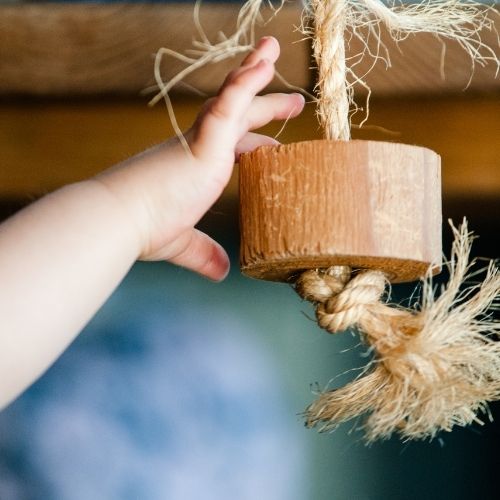
Put Important Items At Close Reach: It takes just one slip from a stool or chair to sustain a bone fracture. That’s why seniors shouldn’t have to climb their way up to get to the kitchen essentials they need. A better approach would be to move such items lower to more accessible shelves and cabinets.
Keep Things at Waist Height: Ideally, all essential items should be kept at waist height of the senior if possible; if not, then they must not exceed shoulder height. All drawers should open and close easily and should be kept close when not in use.
3. Wear Nonskid Shoes
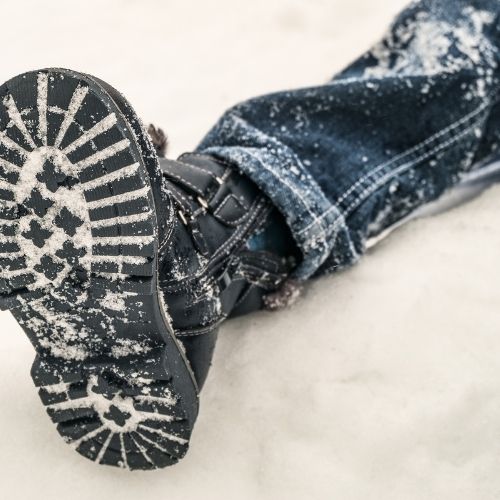
Get The Right Pair Of Shoes: Falls might be more prevalent among the older population, but one of the reasons why this is the case is the use of the wrong type of shoes or wearing none at all.
Make It Non-Slip: might be tempting to walk around the house or kitchen in just socked feet, but falls can easily occur if they aren’t wearing non-slip socks. Elderly individuals should ideally wear athletic shoes or shoes with non-skid shoes around the house. Doing that will also help protect them in other hard-floor areas such as the bathroom.
4. Get Rugs With Non-Slip Backing
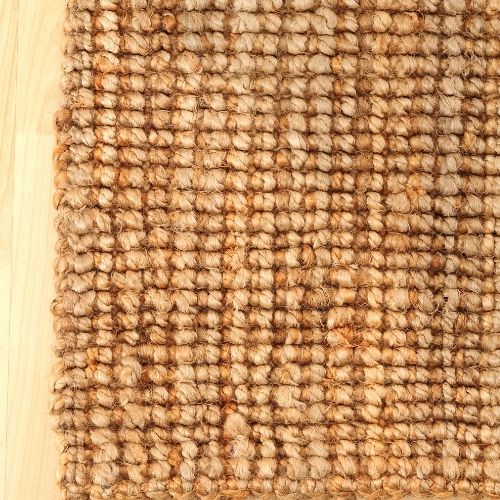
Make It Non-Slip: Rugs usually seem secure when on a dry surface. However, if the floor is wet and a senior is unfortunate enough to step on the rug, it can end up acting as a tripping hazard. The rug may also trip beneath the senior’s feet thus making them fall.
That’s why it is always advisable to have rugs with non-slip backing in a senior’s kitchen. If such rugs aren’t available, get some non-slip gripper pads to put underneath the rug.
Or, even better, get rid of all rugs for maximum safety.
5. Create Good Lighting in the Kitchen
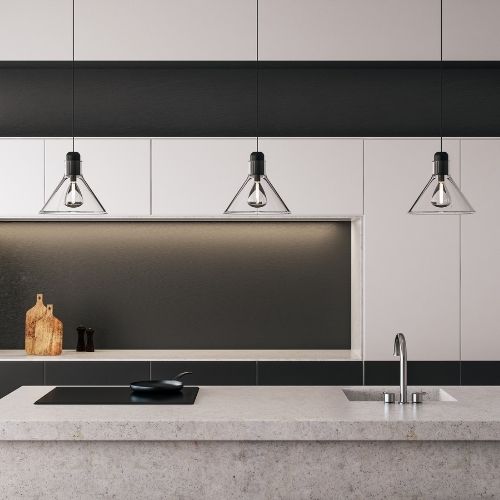
You Must See It All: If a senior is unable to see everything in the kitchen, that increases the chance of them tripping and falling. It is always important to ensure that there are no unlit areas or dark corners in the kitchen.
Important Areas: The areas you need to focus on when it comes to illumination are: over the sink, over the stove top, over the counter tops, and if there are two entrances to the kitchen, you need to have light switches at each entrance.
6. Exercise To Prevent Falling
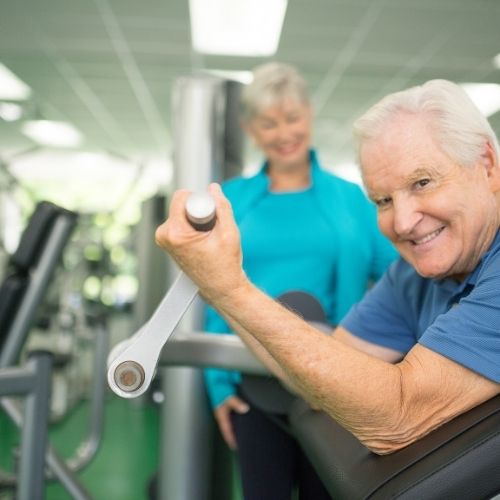
Excercise To Balance: The increased fall risk usually stems from a senior’s physical limitations and challenges. Joint instability, muscle weakness, balance problems, and loss of range of motion all increase the chances of a senior suffering a fall.
Stay Active: Encourage the senior to stay active regularly to keep their body stronger and more responsive. That will not only help reduce the chances of the senior falling but also can help prevent serious injuries in case of a fall.
7. Get Physical Assistance
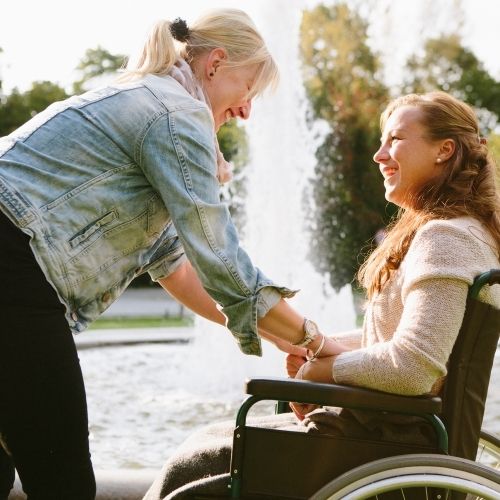
Get Physical Assistance: Physical assistance can play a significant role in helping a senior handle their daily tasks while reducing the fall risk.
For instance, a senior with mobility or balance problems might find it challenging to access the kitchen to get something, but you or a caregiver can help by providing support and helping them balance.
Grab Bars: If that isn’t an option, you can always install grab bars that can give the seniors more control over their mobility and ability to navigate and enjoy their kitchen.
Final Comment
To guarantee that your elderly loved one doesn’t suffer falls while in the kitchen, it is advisable to implement the 7 tips discussed here. All these tips can go a long way towards guaranteeing that the senior remains safe.
